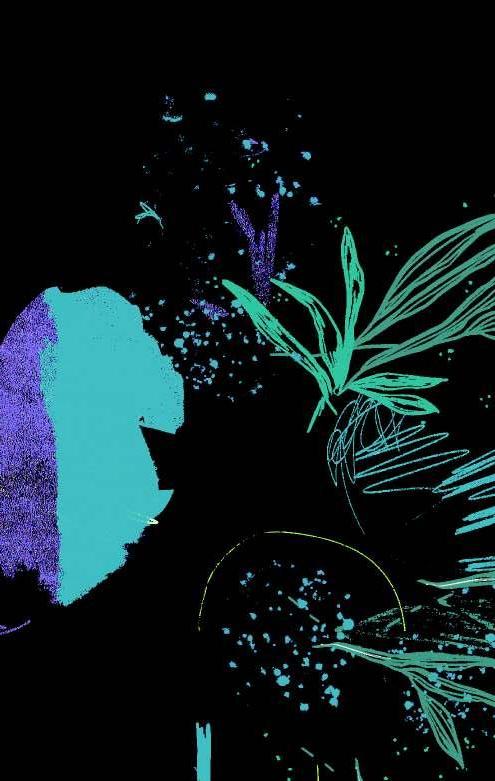
8 minute read
2. The training that improved my self-confidence and independence
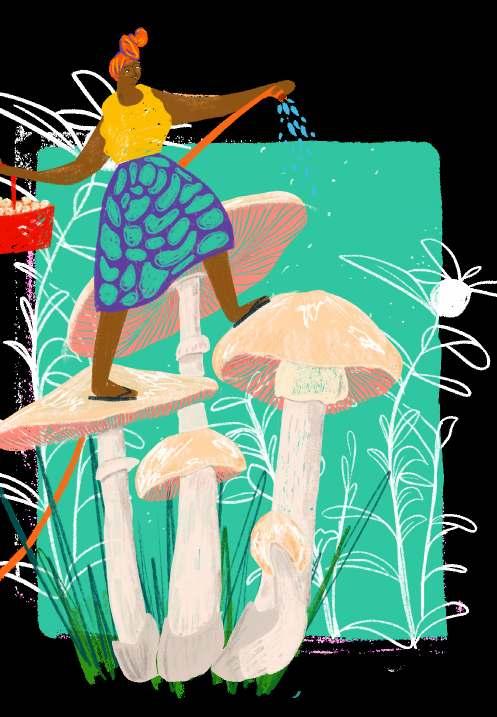
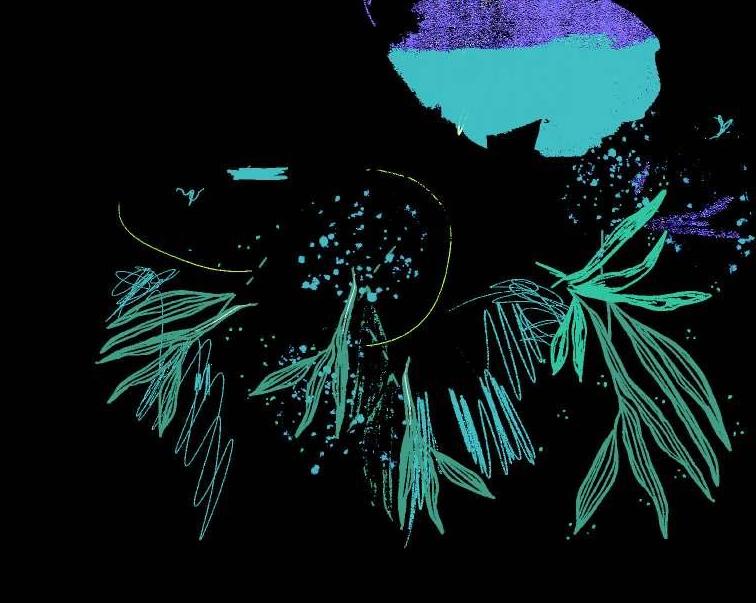
Advertisement
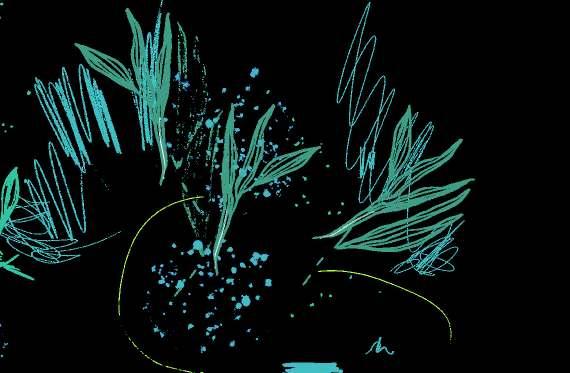
At the end of the training, our group benefited from seed donations and received a motor to irrigate our crops. The irrigation system helped us a lot. I can cultivate more plots than before; the work is less painful, and my market yield has increased by 85%. In this period of COVID-19, we were also trained on the manufacture of liquid soap and received masks to protect ourselves and continue our activities. I am saying a big thank you to WEP-Togo and the Women2030 program. Our wish is that this program continues to support us to strengthen our climate change resilience.”
Ph: Essi Klutse, farmer at Hévi, coordinator of the women group PERSEVERANCE
Ph: Julienne Afelike, farmers in Nyogbogan, Agou These stories highlight how prioritizing growth over people and the planet exacerbates gender inequality. Excluding women from conversations on environmental preservation and climate-just farming practices denies them opportunities to generate local solutions to global problems and propose their own gender-just sustainable alternatives. This exclusion further exposes them to the threats of climate change.
The Women2030 program contributed towards supporting farmers to develop sustainable agricultural techniques. The Women2030 program drew a strong link between environmental justice, gender justice and women’s rights. As we see in various stories in this booklet, women were supported to become advocates for more sustainable environmental practices. These are examples of a global movement looking to transform human interaction with the environment by dismantling the current economic models and systems that trigger the climate change crisis.
Women are at the forefront of climate resilience. If women are disproportionately affected by climate change, they also lead innovative solutions for our resilience to climate change. WEP-Togo also was able to enter into dialogue with farmers and share practices that improve the soil, such as composting. This is an example of good practices that show how women’s groups reclaim access and control over the resources they rely on, while integrating sustainable solutions that contribute to preserving local ecosystems. This improves communities’ resilience and their capacity to feed and care for themselves.
AREAS Of IMPACT: Capacities Built.
Who produces the food you consume? How is it produced?
Are you aware of the policies that support farmers’ rights and sustainable practices in your country? How might these policies affect you?

6.
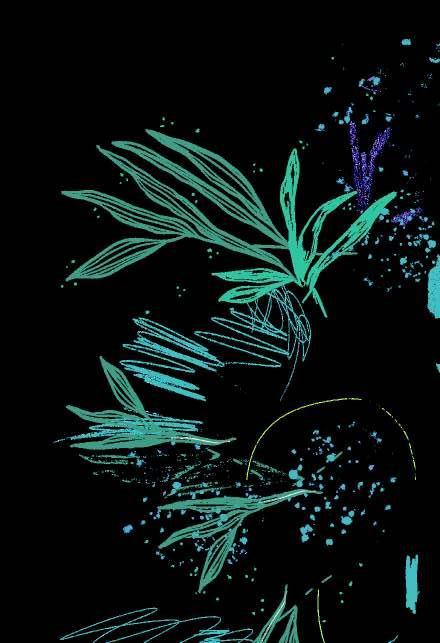
DEfENDING OUR


COMMUNITY fOREST

Written by Anila Onta
This is the story of Mamata Tmang, the chairperson of the Kusum Community Forest Group located on the northeast side of the Kathmandu valley in Nepal. She is also a social worker and activist working to protect her community’s rights in the forest. She participated in training on community forest conservation and policy awareness organized by the Federation of Community Forestry Users Nepal (FECOFUN) as part of Women2030.
“The Women2030 program implemented by FECOFUN has empowered me to organize to conserve my community forest. In 2019, I participated in the policy awareness training organized by FECOFUN under the Women2030 Program. Along with 22 other Community Forest Groups (CFGs), we learned about the national and international policies on community rights in the forest, about biodiversity, about the relationship between SDGs and women, and about organizing advocacy strategies for community campaigns. The forest in my community provides water and other environmental resources for us. Our forest is very appealing for touristic purposes because of its scenic view of the mountain range: hotel companies want to encroach it for their commercial benefits. Meanwhile, we want to manage our forest as a watershed area to supply water for drinking and irrigation purposes. We have a lot to learn. Plus, this is a tourist area so it is important for us to develop eco-tourism activities. Because of the different interests, there is a conflict between our communities and hotel companies. When I became aware of policies and legal provisions that empower women’s rights around community forestry, I mobilized with my community to protect our forest. We have developed advocacy strategies to organize community campaigns (such as demonstrations, submitting position papers to the local government and forest patrolling). The main achievement of our campaign was that we were able to stop the forest encroachment from hotel companies, with the support of local government and different civil society organizations (CSOs). Last year, the community forest encroachers registered a legal case against our CFG. The legal proceedings are still ongoing, and it is one of the main challenges for us. However, FECOFUN is still supporting us as the legal proceedings continue. Community Forest Group (CFGs), represented by the Federation of Community Forestry Users, Nepal (FECOFUN), could also change the national law. We influenced the creation of new laws to ensure that 50% of the forest’s community income is allocated to women empowerment and that forest groups apply the 50-50 rule in their executive committees. We are now using the income of the CFG to develop women empowerment and income-generating activities such as vegetable and goat farming for poor households. Recently, the members of the Community Forest Group elected me as a chairperson. At the beginning, I was not able to share my feelings, voice and opinions, but now I can easily talk and share my concerns. I also developed my leadership capacity. I got several opportunities to participate in training and capacity development activities and my confidence level is building up. I am aware of the legal rights of community forestry, and I’m able to empower other members of the Community Forest Group. I can lead the community to protect its interests, and I can also work coordinating with the local government to conserve our forest.”
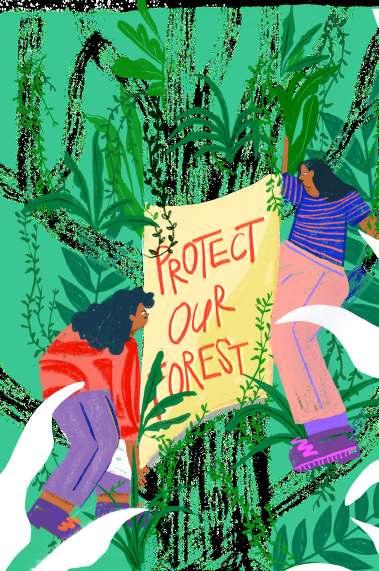
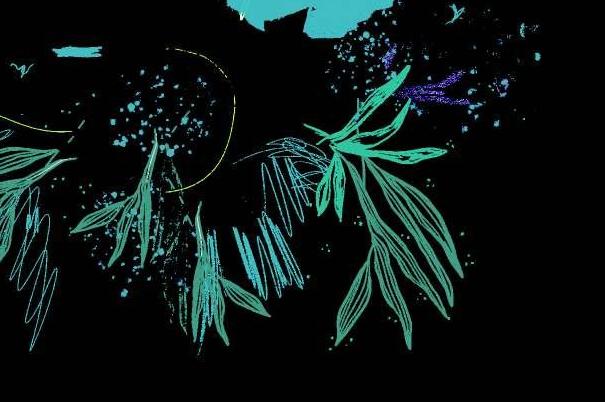
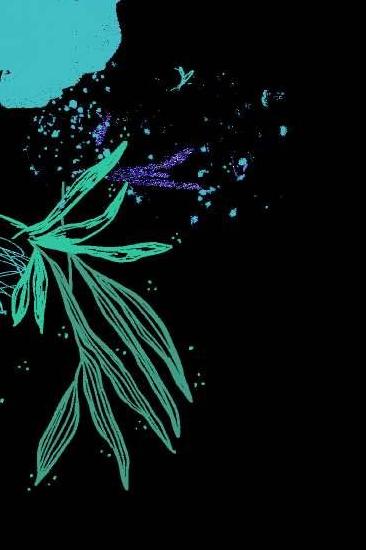


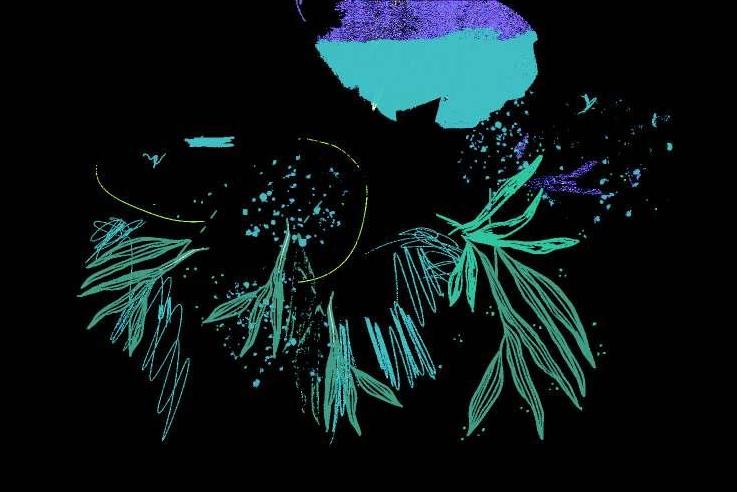
Mamata’s story highlights how prioritizing growth over people and the planet exacerbates gender inequality. The experience shared by Mamata highlights how the rights and livelihoods of communities are often violated in the name of profit and economic advancement. When ecosystems and livelihoods are depleted, women are disproportionately affected. In Mamata’s story, communities mobilize to stop this extractive model of development undermining women’s abilities to access, control and preserve the resources they rely on.
The Women2030 program strengthened women’s ability to advocate for the protection of the environment. Many of the program’s partners were mindful of reaching women in rural communities utilizing the SDGs as a way to draw a link between their rights and the rights of the planet. Rural communities were supported to build capacities so that community leaders and members could reflect on gender equality and strengthen their advocacy skills to protect the natural resources and their communities’ livelihoods.
Mamata’s story is an example of how women coordinate to advocate and defend their environment. Across the world there are many examples of community leaders fighting to protect their environment – many of whom are women. Mamata and her CFG were able to make their efforts recognized in establishing that 50% of the income from the forest income-generating activities is dedicated to women empowerment and poverty alleviation programs. Thanks to the collective efforts of FECOFUN, they were able to change national laws to support women’s efforts and address their specific needs.
AREAS Of IMPACT: Capacities Built, Policies changed.
What can we learn from the way Mamata and the other women in this story relate to climate change?
Who defends the natural resources in your community? What are the risks they face in order to protect the environment?
7.SOWING AND WATERING fEMINIST SEEDS
This is the story of Fredica and her team at RUHEPAI in Uganda: a sub-grant provided by Action for Rural Women’s Empowerment (ARUWE) as part of the Women2030 program enabled their work to advance economic rights for rural women.
Written by Agnes Mirembe
Rural Health Promotion and Poverty Alleviation Initiative (RUHEPAI) is one of the CSOs that benefited from the Women2030 program in Uganda. The Women2030 program was carried out by Action for Rural Women’s Empowerment (ARUWE), who provided sub-grants and built the capacities of grassroots and women-led CSOs. ARUWE accompanied local partner organizations to empower women and build advocacy synergies for sustainable development policies. RUHEPAI received funding to implement a project called “Women take the front’’, which improved the economic and health situation of rural women in the Isingiro District, South Western Uganda. RUHEPAI fostered economic rights for rural women by increasing their production capacities and improving their access to markets, enabling them to sell their produce for better prices. Among other interventions, RUHEPAI also supported rural women to raise their voices and demand their economic inclusion in policy spaces: they advocated to obtain a market day designated to women in the Kabirebele Town Council. Fredica, the executive director of RUHEPAI, explains: “Our women teamed up to present a policy paper on their economic inclusion in the Kabirebele market. Although the local government authorities have not yet explicitly provided the final verdict from their council meetings, the feminist allies within the council indicate to us that they are debating how the women’s requests for a market day designated to them will be granted. The mentoring, coaching and building IN UGANDAof capacities in advocacy skills provided by ARUWE allowed us to engage in this policy advocacy with the local government ”.



